
Posted on October 02, 2017
New techniques, new attitudes and new perspectives on southern African archaeology mean that the Department of Anthropology and Archaeology at the University of Pretoria (UP) is blazing a new trail and setting the standard for how archaeology should be done in southern Africa.
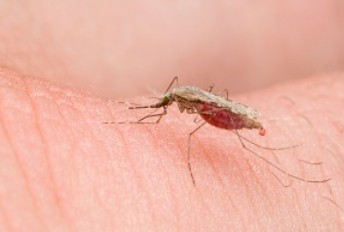
Posted on September 26, 2017
The University of Pretoria Institute for Sustainable Malaria Control (UP ISMC) is assisting in the design and testing of an innovative solar-powered trap to monitor mosquito populations, especially in areas where malaria and arboviruses require vector control.
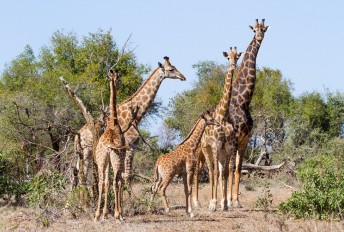
Posted on September 20, 2017
Giraffes, like so many species in Africa, are under threat. While scientifically inaccurate cultural beliefs exist which claim that lion bone, rhino horn and pangolin scales have health benefits for humans, certain cultures consider the giraffe's tail to be a status symbol.

Posted on September 11, 2017
We all know the importance of drinking enough water every day. Some of the many benefits of drinking water are that it improves skin complexion, flushes out toxins, maintains regularity and boosts the immune system.
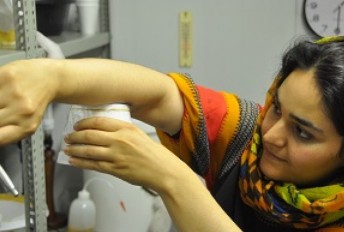
Posted on September 05, 2017
Mosquitoes are insect vectors of deadly diseases such as malaria, dengue fever, Zika virus, lymphatic filariasis and West Nile fever. They transmit disease to hundreds of millions of people, resulting in up to a million deaths annually.
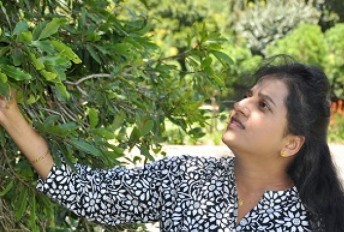
Posted on August 31, 2017
South Africa has tremendous plant diversity that is largely untapped in terms of its potential for medicinal and cosmeceutical purposes. With about 25 000 known species, this country is third only to Brazil and Indonesia as far as biodiversity is concerned. This constitutes about one tenth of all...

Posted on August 23, 2017
A collaborative study involving local and international researchers has created an intervention strategy to help improve the diet and lifestyle of schoolchildren in South Africa.

Posted on August 17, 2017
South Africa’s national electrical grid system is under increasing strain due to aging infrastructure, insufficient maintenance and a lack of real-time monitoring.
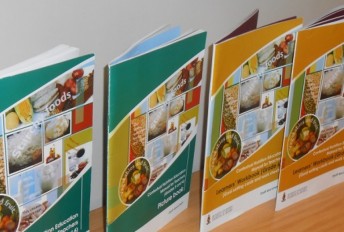
Posted on August 07, 2017
A few years ago, Mojisola Deborah Kupolati lost her mother to cardiovascular disease, which may have been exacerbated by a poor diet. She says it was this personal realisation about the importance of healthy eating that drew her to a career in nutrition.

Posted on August 04, 2017
South Africa has a tradition of evidence-based decision making, grounded in the findings of national surveys. But many of them remain a largely untapped resource for understanding the contextual experience of food insecurity.
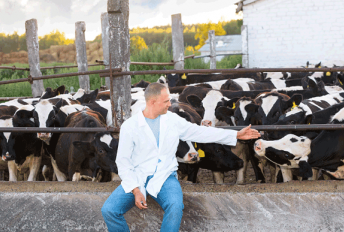
Posted on August 04, 2017
Our current feature focuses on the collaboration managed by the University's Faculty of Veterinary Science where veterinarians and other experts are working on various projects at the interface of human, animal and environmental health. The Faculty has made substantial progress in incorporating...

Posted on August 02, 2017
The University of Pretoria (UP) and the Embassy of the Kingdom of the Netherlands present the Footsteps Along the Tracks project, which uncovers the largely forgotten cultural heritage represented by the Netherlands South African Railways Company (NZASM).

Posted on July 25, 2017
Psychological assessments for employees have been controversial in South Africa because of the country's troubled past. Cognitive ability and personality tests, for example, were originally developed for white, English speakers, but have been applied to other language groups as determined by...

Posted on July 19, 2017
University of Pretoria researchers are working with the poultry industry and the National Department of Agriculture, Forestry and Fisheries (DAFF) to contain the current bird flu outbreak in South Africa.
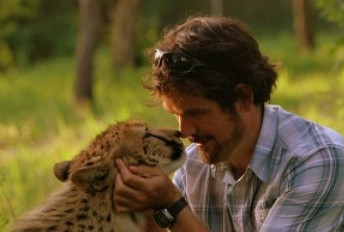
Posted on July 11, 2017
It can reach a speed of 100km/h in just three seconds, is extremely light in weight and aerodynamically streamlined, and can cover nine metres in just one stride at almost four strides per second. For more than half of every stride, it is airborne.

Posted on June 08, 2017
A large international collaborative effort, including researchers from the University of Pretoria (UP), the University of Cape Town (UCT) and partners, has resulted in the identification of a new chemical compound that can potentially eliminate malaria.
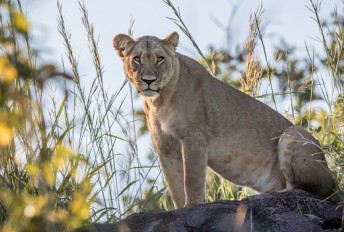
Posted on June 02, 2017
In most medical success stories, one would expect to hear about procedures first being successfully tested on animals before they are applied in the human realm of medicine.
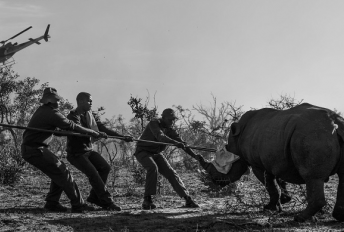
Posted on May 30, 2017
The reality of rhino poaching has made us all too aware of the fragility of the species. It is with growing frequency that veterinary professionals are required to work on these animals in an attempt to save them.
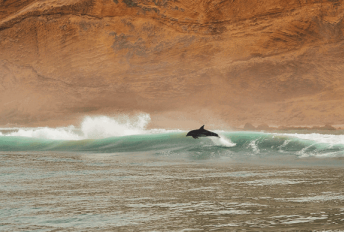
Posted on May 22, 2017
Understanding how and when animal species use their environment is a fundamental ecological question and one that can be surprisingly difficult to answer, particularly when working in the marine environment.

Posted on May 18, 2017
Ocean traffic is on the increase and it has been predicted that by 2030, shipping will have doubled. 'A single vessel releases as many chemical pollutants as 50 million cars.'
Copyright © University of Pretoria 2025. All rights reserved.
Get Social With Us
Download the UP Mobile App